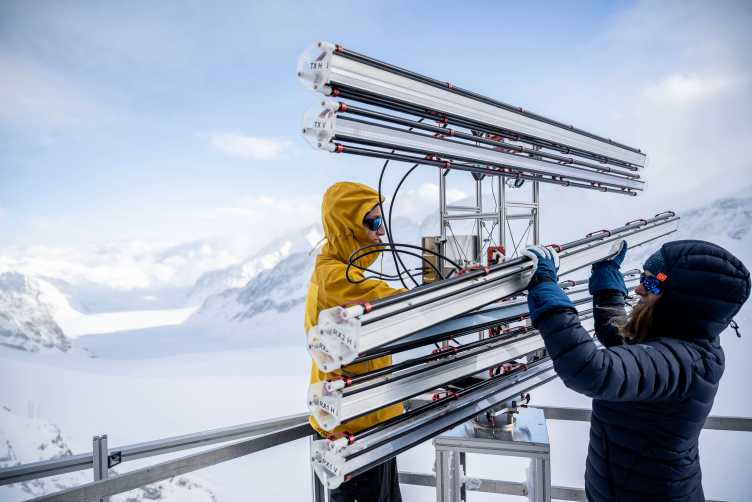Fields of Study
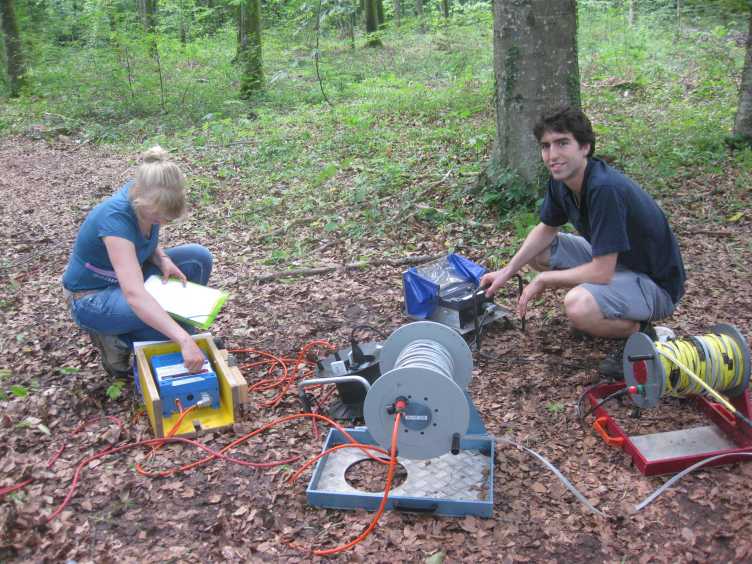
Water Resource Management, Groundwater, Hydrology and Hydraulics:
This field of study introduces students to the methods and tools used to sustainably manage and protect water resources.
Students acquire knowledge about monitoring and modelling the hydrological cycle, analysis, planning and management of water resources, evaluation and management of hydrological and hydraulic risks, remediation of damaged systems and transport processes in water systems.
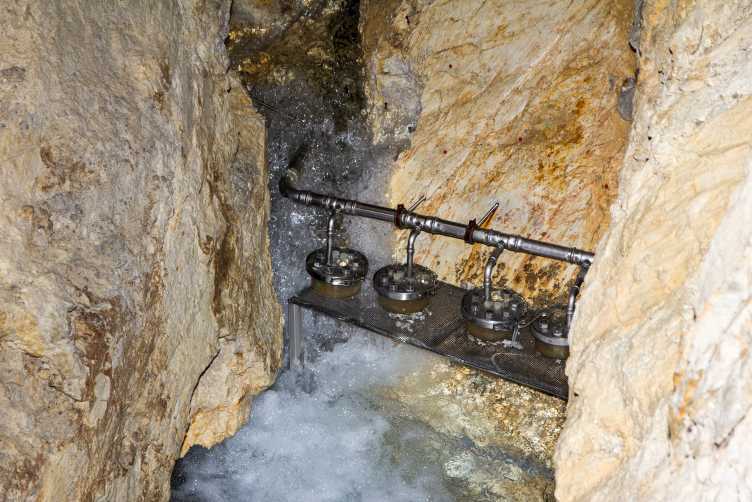
Urban Water Management:
This core field introduces the various aspects of water supply, water treatment, urban drainage and sewage treatment. They are considered from an integrated perspective, taking into account existing conditions and water protection.
Knowledge of chemical, biochemical and biological process technologies is taught, as well as mathematical modelling and system theories.
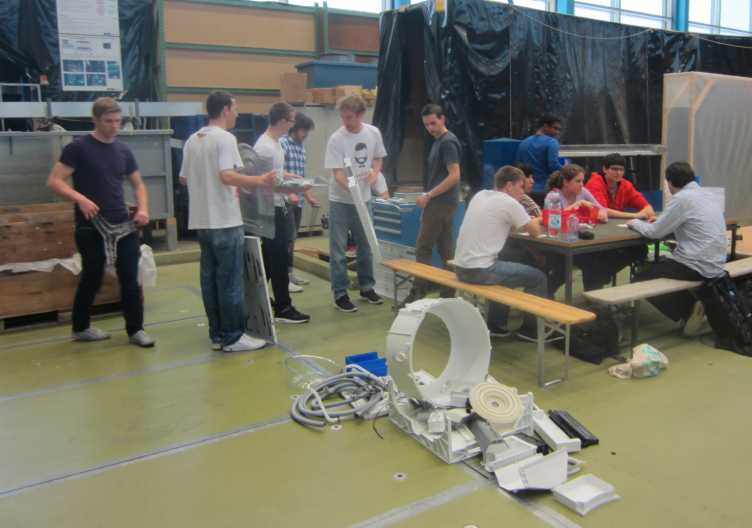
Ecological System Analysis:
This major focuses on scientific methodology. Students are taught to record, assess and control flows of materials and products, such as foodstuffs, construction materials and plastics.
Students acquire knowledge of assessment methods of life cycle assessments, risk analysis and the evaluation of ecological footprint, critical in industrial decision-making processes.
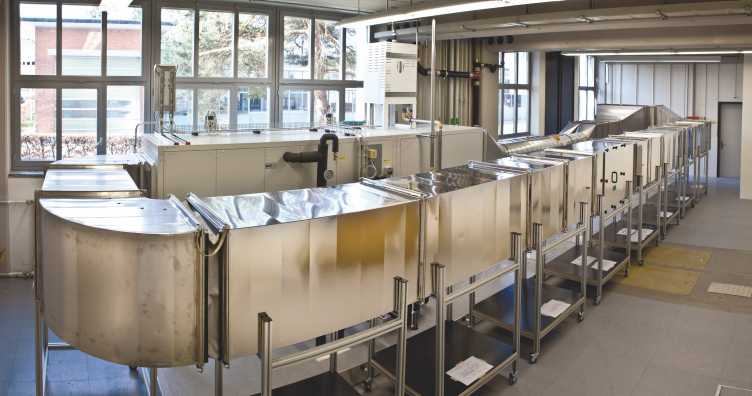
Air Pollution Control and Air Quality Technics:
This subject area provides general knowledge of air pollution and the methods of air pollution control. Students will be able to evaluate possible control methods and devices, design control systems and estimate their efficiency and costs.
